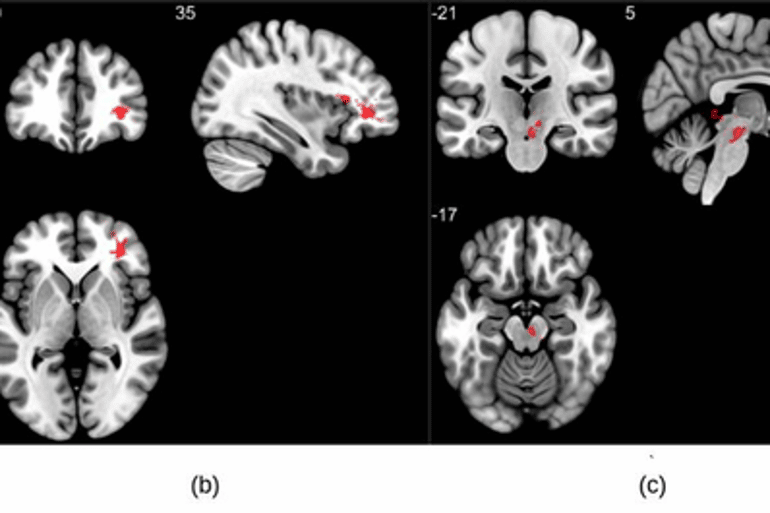
Neuroscience is the scientific study of nervous systems.
Neuroscience can involve research from many branches of science including those involving neurology, brain science, neurobiology, psychology, computer science, artificial intelligence, statistics, prosthetics, neuroimaging, engineering, medicine, physics, mathematics, pharmacology, electrophysiology, biology, robotics and technology.
– These articles focus mainly on neurology research.– Definition of neurology: a science involved in the study of the nervous systems, especially of the diseases and disorders affecting them.
– Neurology research can include information involving brain research, neurological disorders, medicine, brain cancer, peripheral nervous systems, central nervous systems, nerve damage, brain tumors, seizures, neurosurgery, electrophysiology, BMI, brain injuries, paralysis and spinal cord treatments.
Our psychology articles cover research in mental health, psychiatry, depression, psychology, schizophrenia, autism spectrum, happiness, stress and more.
Genetics articles related to neuroscience research will be listed here.Neurotechnology research articles deal with robotics, AI, deep learning, machine learning, Brain Computer Interfaces, neuroprosthetics, neural implants and more.Summary: Neuroimaging study reveals significant brain changes in areas associated with language comprehension, cognition, and circadian rhythm control six months after COVID-19 infection.Using a special type of MRI, researchers have uncovered brain changes in patients up to six months after they recovered from COVID-19, according to a study being presented next week at the annual meeting of the Radiological Society of North America (RSNA).For this study, researchers used susceptibility-weighted imaging to analyze the effects that COVID-19 has on the brain.“Group-level studies have not previously focused on COVID-19 changes in magnetic susceptibility of the brain despite several case reports signaling such abnormalities,” said study co-author Sapna S.MRI results showed that patients who recovered from COVID-19 had significantly higher susceptibility values in the frontal lobe and brain stem compared to healthy controls.